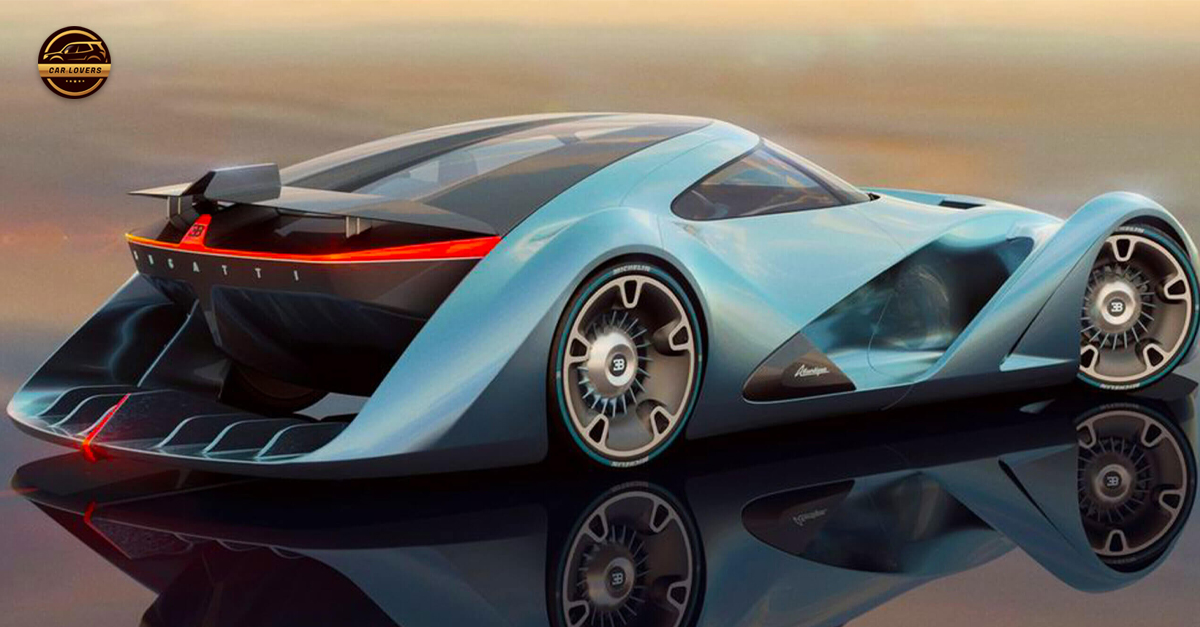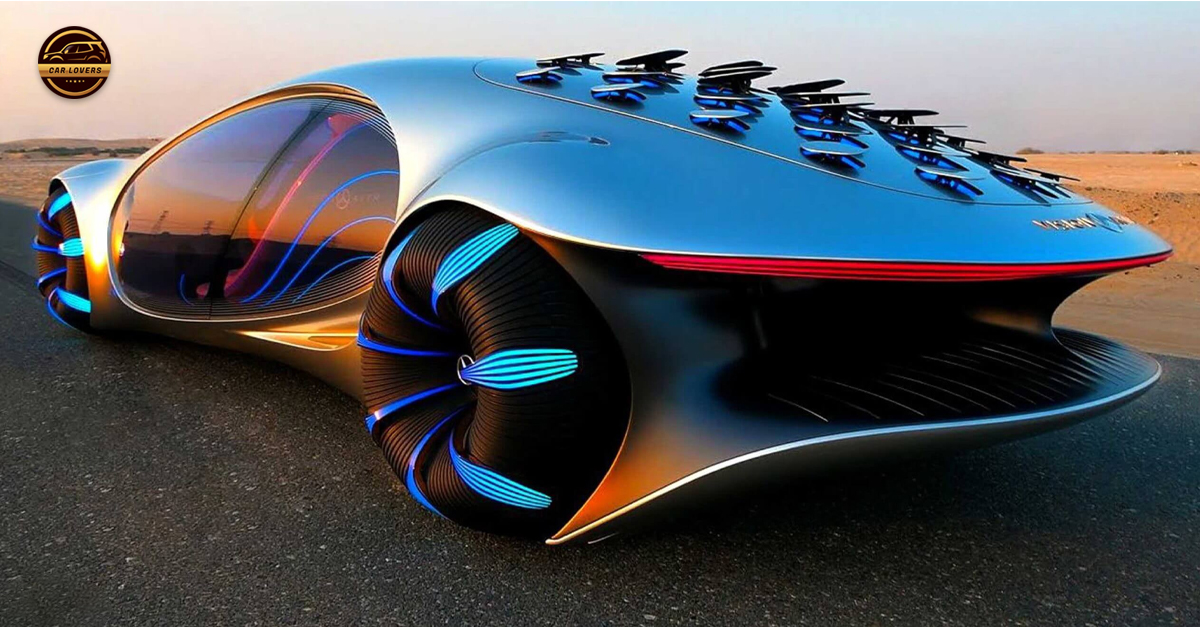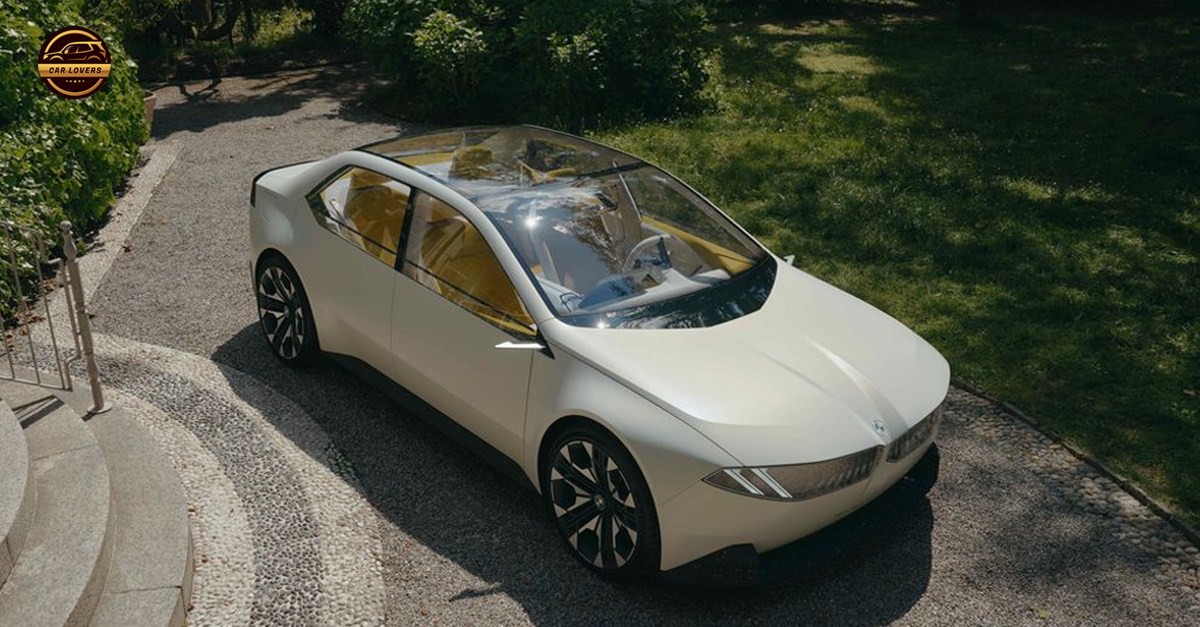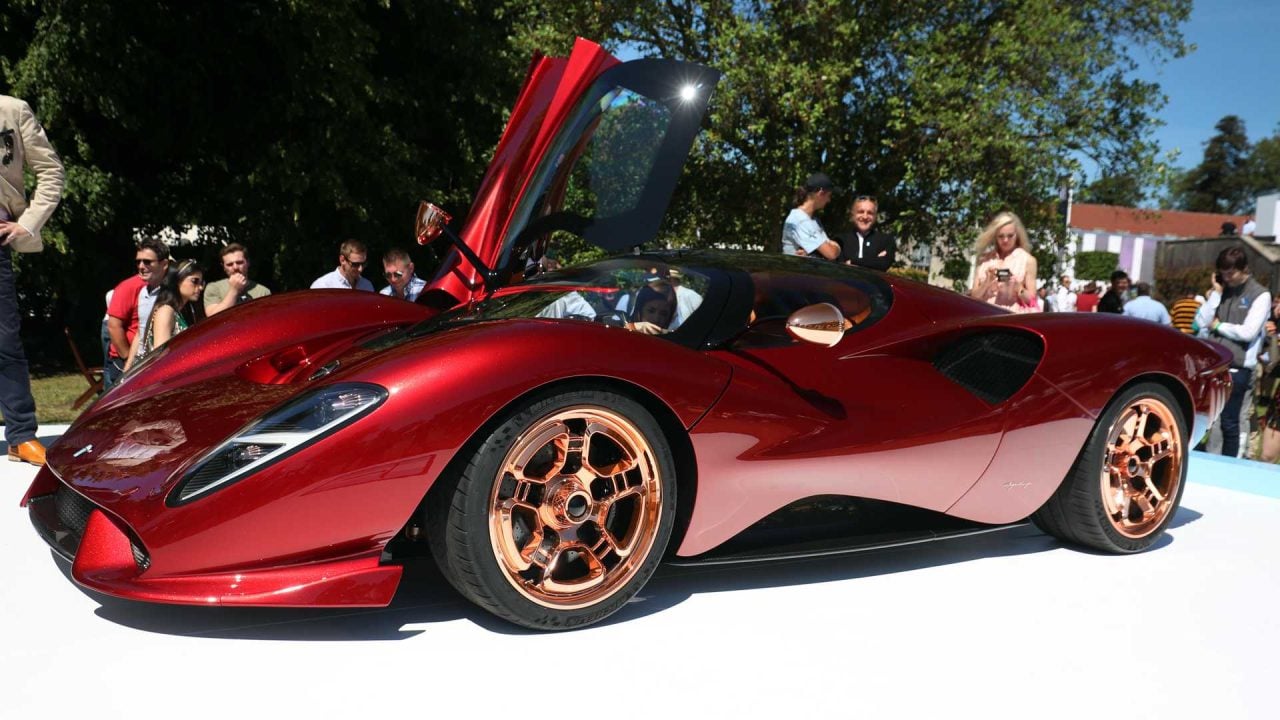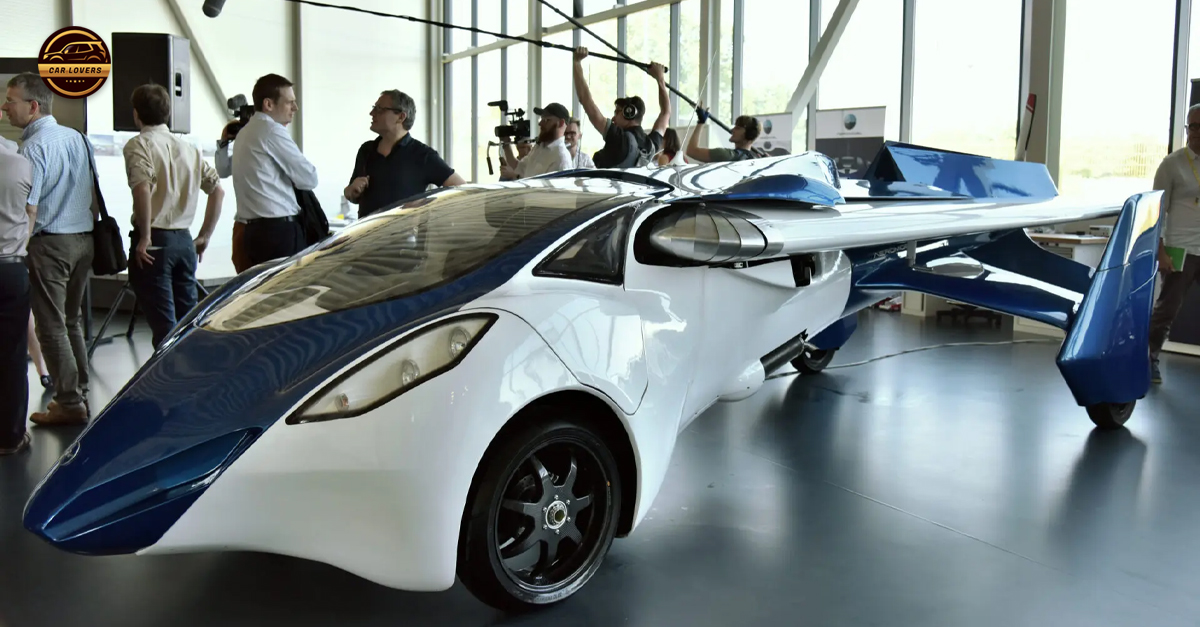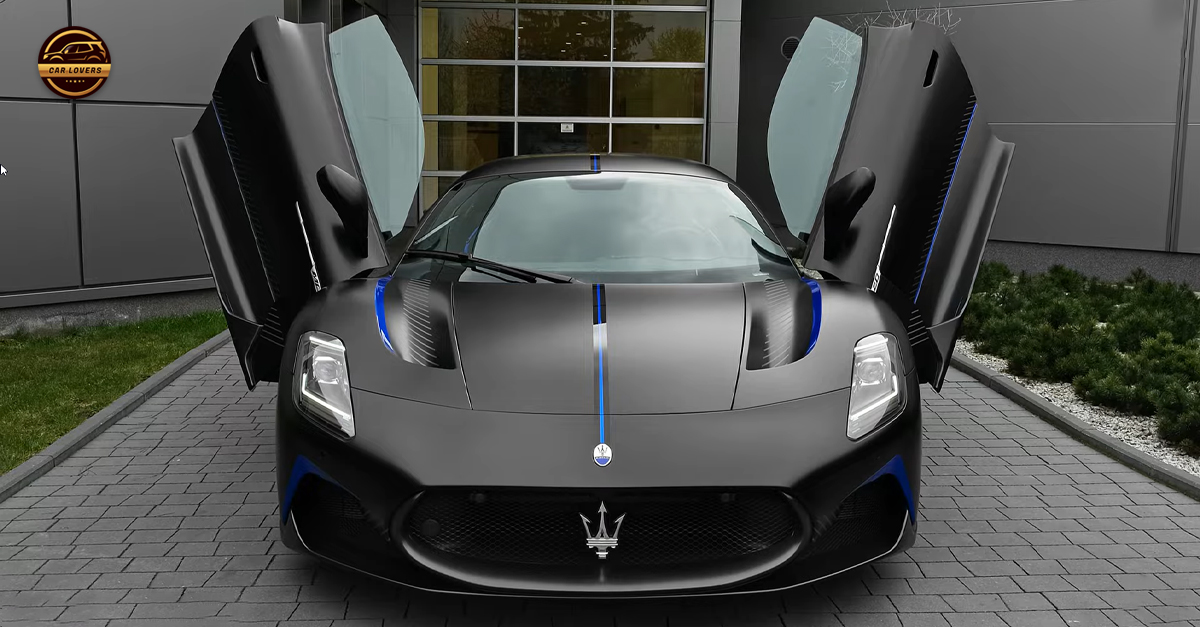Fear grounded in misunderstanding of lithium-ion batteries lead to an unexpected restriction.

Late last year, the National Council of Corvette Clubs (NCCC) quietly banned all vehicles with lithium-ion batteries from competing in any of its events, with no exception made for hybrids like the new 2024 Chevrolet Corvette E-Ray. The rule even goes so far as to say if a vehicle with a lithium-ion battery is driven to the event but not competing, it must be parked at least 30 feet from structures and other vehicles. That means you, friends, family, and spectators. Update: The NCCC decision has since been amended in May to allow for the E-Ray specifically.
The Exact Wording
In a rule change dated November 2022, section 1.8 subsection 1 item 14 was added to the NCCC Competition Program Rulebook which reads “Electric Vehicles/Hybrids using lithium type battery packs are prohibited in Competitive events. If driven to NCCC events, they should be parked 30 feet minimum from structures or other vehicles. (11/22)”

Section 1.8 covers General Information for all NCCC competitions, and subsection 3 defines the events in question, including “Speed Events” (autocross, drag racing, time trials on road course racetracks, and matching times precise acceleration tests), “Funkhana” (an autocross event with goofy challenges), road rallies, fuel economy challenges, and concourse car shows. That means the E-Ray wasn’t just banned from track days, it would have been banned from events driven on public roads and parking lot car shows if said events are sanctioned by the NCCC.
Update, May 1: The NCCC has reversed course and published an updated rule to the book that now allows some hybrid vehicles, like the Corvette E-Ray, to now compete. From CorvetteBlogger: “Deb Murphy, President of the NCCC sent out an update late Friday evening with the following statement: ‘National Council of Corvette Clubs has adjusted section 1.8.14 of our event rules to allow for the inclusion of hybrid vehicles in NCCC events. The rule was originally intended to only apply to fully electric vehicles. The Chevrolet Corvette E-Ray will be allowed to compete. I believe the quickest Corvette in history will be a great addition to our future events. ‘”
No Explanation Given
From all appearances, this rule was hastily added and not thought through. No reason for the ban is given, nor is any further instruction about what to do if too many EVs and hybrids show up in the parking lot and can’t all be parked 30 feet from any other object. There are also no specifics about battery size or capacity, so a literal reading of this rule could disqualify any track car running a lightweight lithium-ion 12-volt battery, a common modification. To be sure, we checked the rest of the competition rulebook, which makes no other mention of lithium-ion batteries.

Competition Committee Minutes are restricted to paying club members and a page for proposed rulebook changes was only recently added to the website in the past year and makes no mention of this specific rule, so it’s unclear why it was created. A search turned up no evidence of any accident involving an EV or hybrid at a NCCC-sanctioned event that might’ve motivated this rule change. The NCCC website’s insurance page, insurance FAQs, and attached Blanket Certificate of Liability Insurance form make no mention of lithium-ion batteries.
It’s also not a C8 thing, even if some Corvette purists are still mad about the engine moving to the middle of the car. The NCCC has specific guidelines in its rulebook for judging C8s in concours events.
Update: An NCCC member reached out to MotorTrend saying members were informed about an incident where a local fire department responded to a battery fire at an event but refused to put it out and let it burn, causing the event to be cancelled. The presumption is that the NCCC would like to avoid future scenarios with canceled events.
Gas-Powered Cars Catch Fire Way More Often
In all likelihood, the NCCC is reacting to recent EV fires sparking up in the news, which we should note are not representative of the real-world risk. According to National Fire Incident Reporting System data collected by the U.S. Fire Administration and analyzed by the National Fire Protection Association (NFPA), there were an average of 117,370 passenger vehicle fires between 2013 and 2017 (the most recent data available). How many of those car fires were hybrids and EVs? The data doesn’t separate different drivetrains so we don’t have an exact number, but we know it’s small.
According to the Bureau of Transportation Statistics, there were roughly 250 million registered passenger vehicles in the U.S. in 2017. Of those, just over 6 million were hybrids, plug-in hybrids, and EVs, or 2 percent. If the number of fires involving hybrids, plug-in hybrids, and EVs was proportional to their share of the national fleet, that would mean they accounted for just 2,347 of those 117,370 fires per year. Put another way, 115,623 of those fires each year involved gas- and diesel-powered vehicles.
Do the math, and it means gas and diesel-powered passenger vehicles caught fire 50 times more often than hybrids, plug-in hybrids, and EVs combined between 2013 and 2017, and that’s again assuming an equal incidence rate among those vehicle populations.

Note that this includes all hybrids, plug-in hybrids, and EVs and not just the ones using lithium-ion batteries. The NCCC ban explicitly targets lithium-ion batteries and not the nickel-metal hydride batteries used in most hybrids until recently (including every Toyota hybrid built before 2021).
Skewed Perspectives
This hasty lithium-ion battery ban from the NCCC, then, appears to be based on the misperception of the danger of vehicles with lithium-ion batteries. Despite the fact hybrids, plug-in hybrids, and EVs account for a tiny fraction of the vehicle fires that occur each year, those incidents make front page news whereas the other roughly 115,000 that involve gas and diesel-powered vehicles don’t. That news coverage has involved both vehicles with lithium-ion batteries involved in crashes and those that caught fire while parked.
The NCCC ban also ignores the fact buildings catch fire far more often than vehicles do. Vehicles of all types (including commercial vehicles, motorcycles, off-highway vehicles, and more) accounted for just 16 percent of the 1.3 million fires that occurred in the U.S. in 2018 according to the NFPA. That means the structures the NCCC is requiring E-Rays to park 30 feet away from are more than 6 times as likely to catch fire than a gas-powered car and more than 550 times as likely to catch fire than a vehicle with a lithium-ion battery.
Fighting Lithium-Ion Fires Is Different
To be fair, though, the NCCC’s reactionary ban may not be entirely unsubstantiated. Car fires involving vehicles with lithium-ion batteries must be handled differently than other car fires both because of the risk of high-voltage electrical shock and the way lithium-ion batteries burn. When extremely overheated, lithium-ion batteries experience what’s called thermal runaway, a chemical process that isn’t as easily extinguished as a gasoline fire in part because it doesn’t require oxygen. They also carry a higher likelihood of reigniting after the fire is believed to be extinguished.
Because of this, it can take far more water to put out a fire with a lithium-ion battery than a typical car fire. If the NCCC’s justification for its ban is in part due to the additional training and resources necessary to put out a fire involving a lithium-ion battery, it would be more understandable.
No information on NCCC’s website or in its rulebook or insurance documents makes any mention of fire fighter safety, though, and the 30-foot rule appears to instead be predicated on the misconception that vehicles with lithium-ion batteries are more likely to spontaneously combust than gas-powered vehicles when the opposite is true, and by a large degree.

Next Time, Do The Research
The NCCC isn’t the only organization out there that has questions about the different challenges vehicles with lithium-ion batteries pose in emergency situations, but it’s the one making unsubstantiated blanket bans. At least one racetrack, Summit Point in West Virginia, has imposed a temporary ban on vehicles with lithium-ion batteries participating in on-track activities (no parking lot distance rules, though) until it can proper train and equip its emergency services personnel for fighting lithium-ion fires. That’s a prudent, fact-based decision that embraces solutions that will accommodate these vehicles in the future rather than just banning them outright. As for the Corvette crew, it would seem to alienate some members with both modified vehicles and those new owners of Corvette E-Ray hybrids for the foreseeable future.
